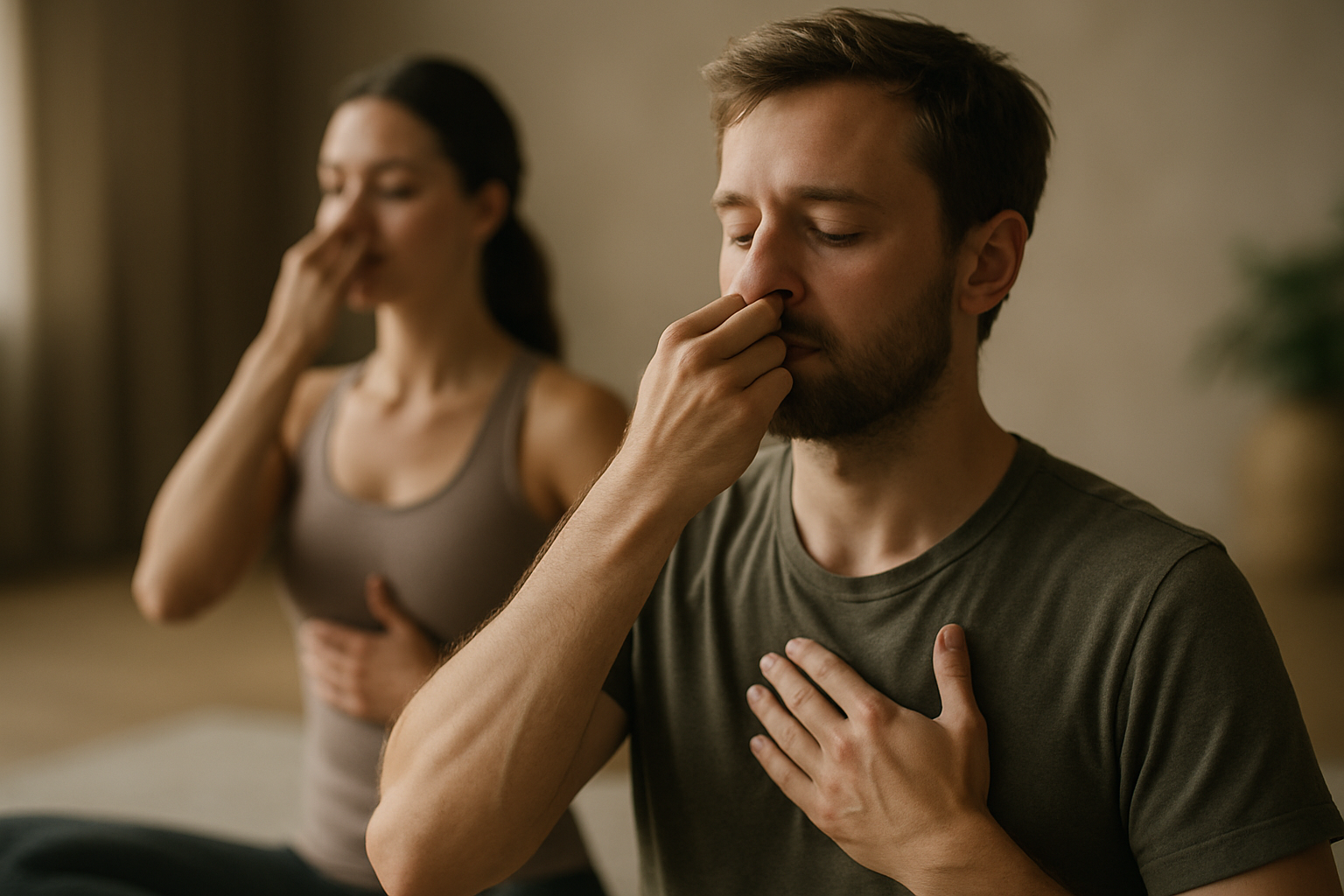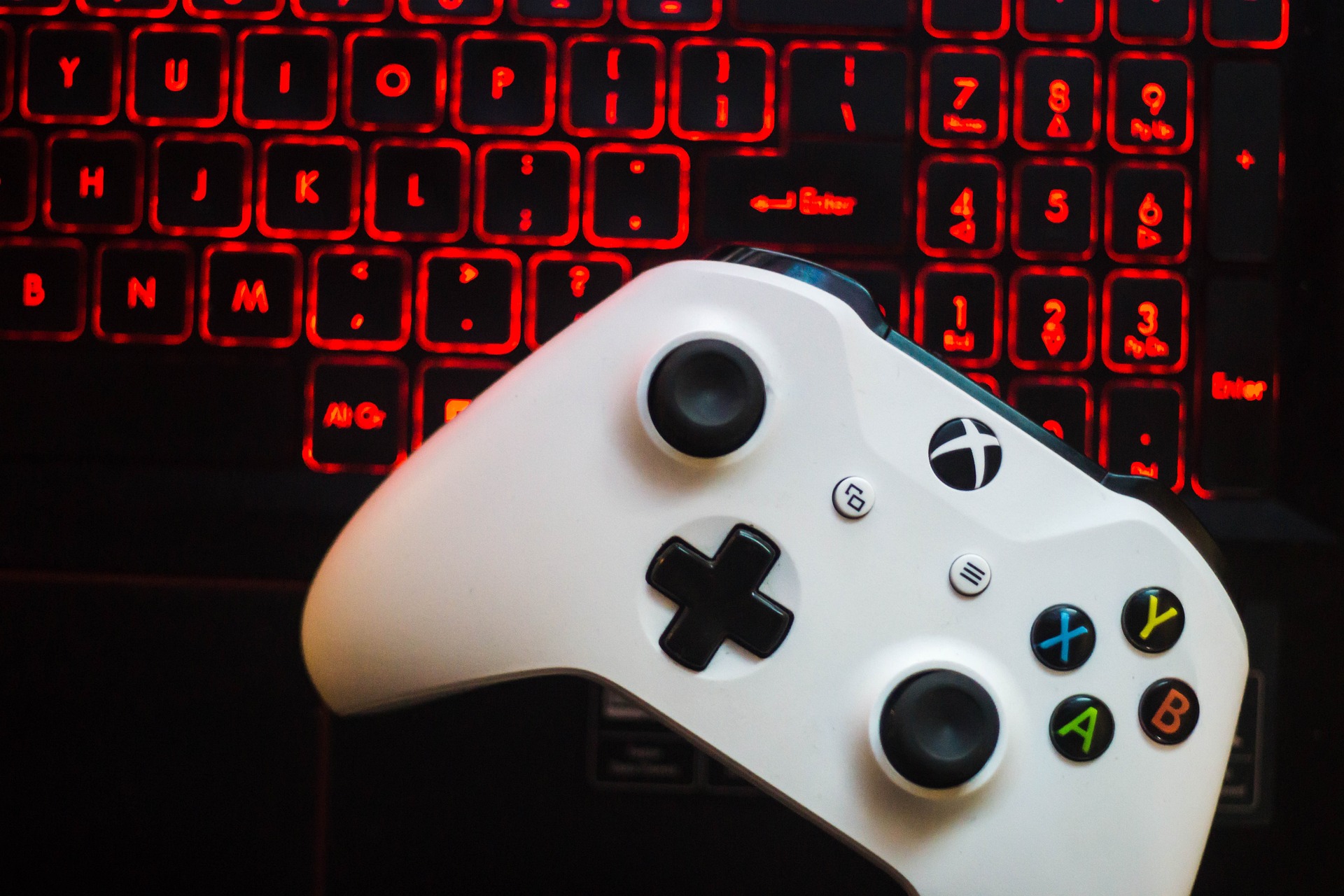Hydration and Microhabits for Consistent Physical Function
Small, consistent habits—like sipping water regularly, brief mobility breaks, and short evening routines—help sustain daily physical function. This article explains how hydration combines with microhabits across nutrition, sleep, movement, and stress management to support recovery, immunity, and resilience for everyday wellbeing.

Hydration and Microhabits for Consistent Physical Function
Maintaining steady physical function across a busy week depends less on dramatic interventions and more on reliable, repeatable behaviors. Microhabits—tiny, easily repeated actions—paired with appropriate fluid intake help stabilize energy, support recovery, and reduce the impact of stressors on the body. The paragraphs that follow unpack practical ways to pair hydration with microhabits across nutrition, sleep, movement, ergonomics, and mindfulness to preserve resilience and immunity while improving day-to-day wellbeing.
Hydration and recovery
Adequate fluid intake is a foundational microhabit for recovery. Water supports nutrient transport, joint lubrication, and thermoregulation; small, frequent sips across the day can be more effective than large, infrequent quantities for maintaining steady physiological function. Pair hydration cues with routine actions—drink after each restroom break, have a glass with every snack, or set a timer for short water breaks. For recovery after exercise, include fluids that replace electrolytes if sessions are long or very sweaty, but for most routine activity plain water and a steady microhabit of sipping suffice.
Nutrition for steady energy
Microhabits around nutrition help maintain consistent energy and reduce swings that can disrupt physical performance. Small choices—regular protein at meals, balanced snacks combining carbohydrates with protein or healthy fats, and portion control—support steady blood sugar and reduce fatigue. Hydration complements these habits by aiding digestion and nutrient transport. Simple actions like prepping a portioned snack or adding a vegetable to each meal are scalable microhabits that reinforce nutrition’s role in ongoing function and recovery.
Sleep and physical resilience
Sleep quality affects resilience, immunity, and the ability to recover from daily stressors. Microhabits that support sleep include fixed bed and wake times, short evening wind-down routines, and limiting stimulating screens before bedtime. Hydration timing matters too: aim to hydrate adequately during the day and reduce large fluid intake close to bedtime to avoid nighttime awakenings. Regular, modest sleep-supporting habits compound over weeks, improving both physical recovery and longer-term resilience.
Movement and ergonomics
Frequent short movement breaks are practical microhabits that counteract prolonged sitting and support circulation and joint mobility. Examples include standing or walking for two to five minutes each hour, quick mobility drills between tasks, or a brief stretch routine upon waking. Ergonomic adjustments—monitor height, chair support, and keyboard position—reduce strain and make movement microhabits more effective. Combine movement breaks with a sip of water or a breathing pause to reinforce the habit loop and benefit both circulation and focus.
Routine, microhabits, and stress
Stress management benefits from consistent microhabits that are easy to repeat: a two-minute breathing practice, brief progressive muscle relaxation, or a short midday walk. These actions interrupt stress responses before they accumulate and help sustain physical function by lowering tension and supporting heart rate variability. Hydration supports these routines by maintaining blood volume and reducing the physiological cost of stress. Embedding tiny cues—placing a water bottle near your workspace or linking a breathing exercise to daily transitions—helps these practices become automatic.
Mindfulness and immunity links
Mindfulness practices integrated into daily microhabits can influence immune function indirectly by reducing chronic stress and improving sleep. Brief, focused attention exercises—one minute of mindful breathing or a short body-scan—can be introduced between tasks. Maintaining regular hydration and nutrition habits further supports immune defenses by ensuring cells receive adequate fluids and nutrients. Together, these small practices promote steady bodily function and create a foundation for recovery and long-term wellbeing.
This article is for informational purposes only and should not be considered medical advice. Please consult a qualified healthcare professional for personalized guidance and treatment.
In summary, consistent physical function grows from repeated small actions: regular sipping of fluids, short movement breaks, modest nutrition adjustments, sleep-supporting routines, and brief mindfulness practices. These microhabits compound over time, reducing stress on the body, aiding recovery, and supporting immunity and resilience without requiring major lifestyle upheaval.






